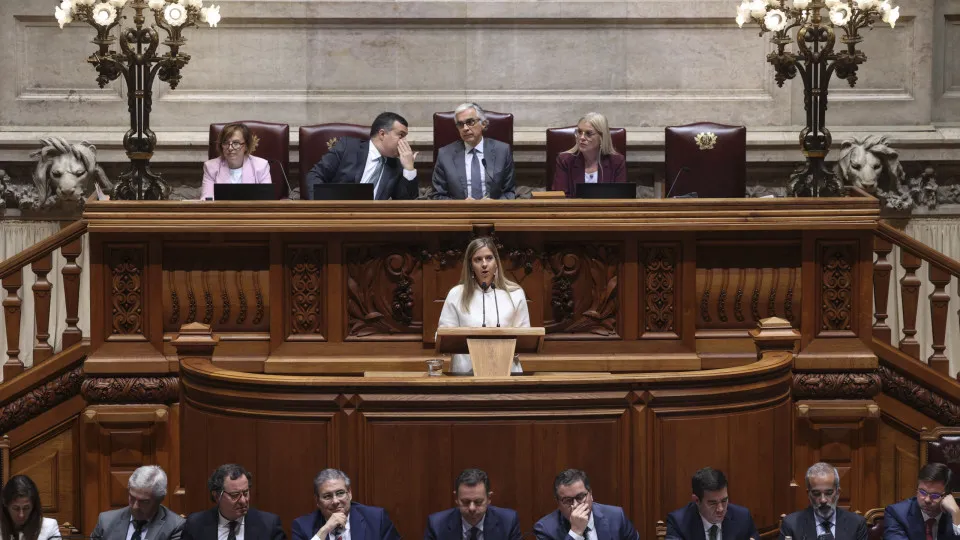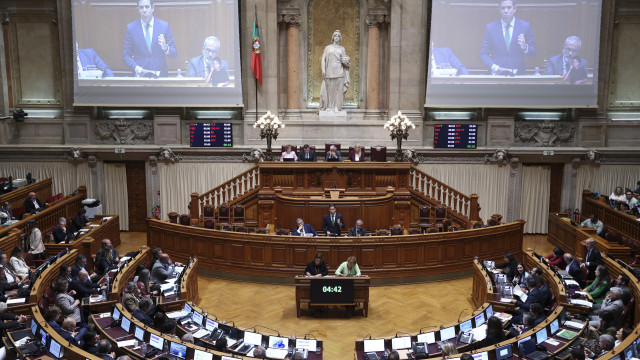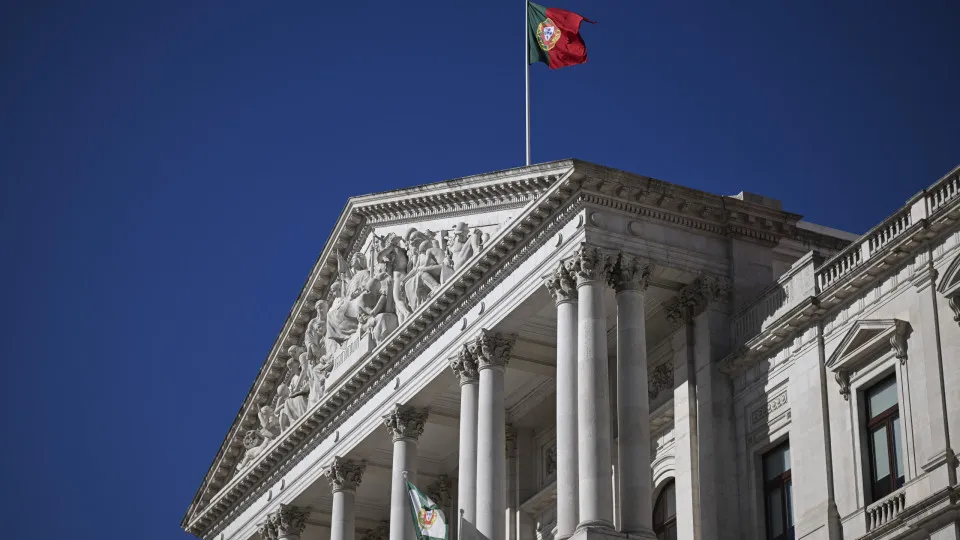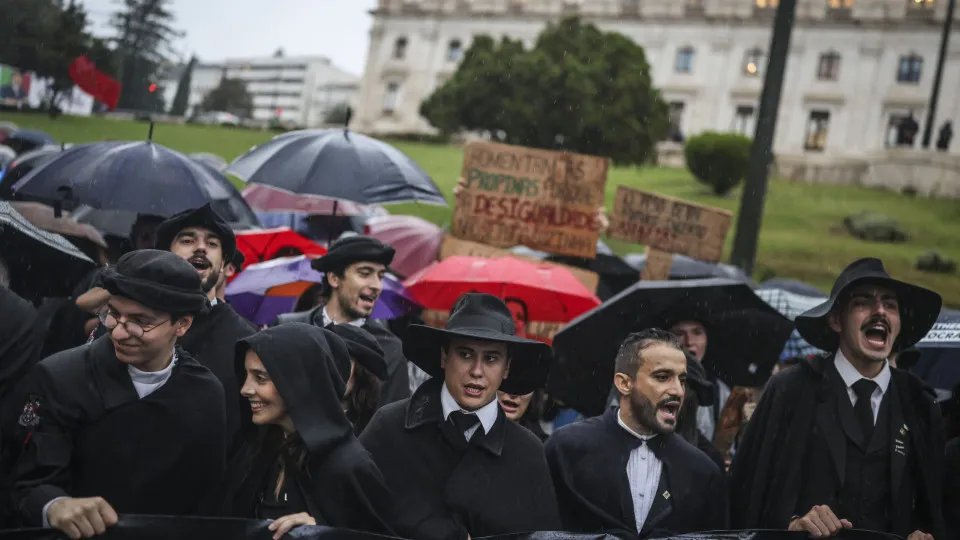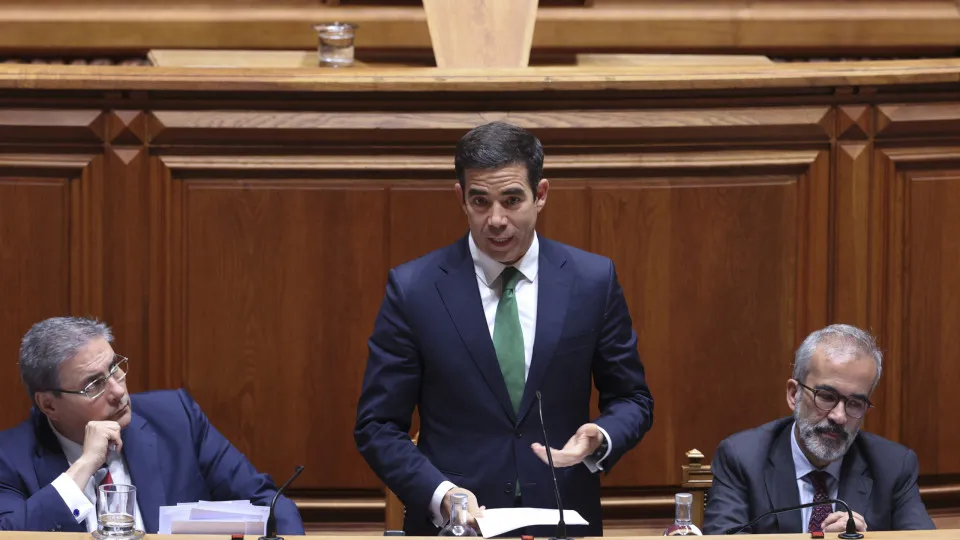
During the pre-vote discussions on the new nationality law, António Leitão Amaro stated that “today Portugal becomes more Portugal,” describing it as one of the “most important” laws, emerging from parliament “better than it entered.”
He commended PSD and CDS-PP, which support the Government, as well as IL and Chega “who helped approve this law.” The minister also expressed gratitude to PS for its “constructive effort in part of this process,” noting the possibility of convergence with the Socialists “on many aspects.”
“I regret PS’s fixation on preserving the old, lenient system. We could not agree with PS due to this leniency,” he said, arguing that “citizenship should not be granted to aid integration,” but to those “who have already integrated.”
During the remarks, PS secretary-general José Luís Carneiro addressed the Minister of the Presidency directly on a subject he had discussed the previous day.
“The statement you made about demographic engineering for political purposes is unprecedentedly serious, and I hope you can correct it as it is offensive to PS,” he demanded.
Carneiro found it unacceptable to continue using “open door rhetoric” and invited Leitão Amaro to a “serious and rigorous debate” about national border security involving all security forces and services that have been monitoring Schengen evaluations since at least 2012.
“At no point would we be open to the state’s failures compromising citizens’ fundamental rights,” the PS leader said, explaining the party’s opposition and pointing out issues that hindered a definitive rapprochement.
For PSD, António Rodrigues stated that “a concise and moderate law” was presented, prompting negotiations with PS and cooperation with Chega due to openness to dialogue with all.
“We wanted to hear everyone, not give in to leniency or transitional regimes. What separated us from PS was an exception in every discussion,” he said.
Cristina Rodrigues from Chega explained that this process was “extensively participatory” after PS outlined what she called a “disastrous recipe.”
“It is not the law we want, but the law possible. Here at Chega, we know who should stay and who should leave,” she stated.
Pedro Delgado Alves from PS requested distribution of minutes showing the nationality law approved in 2020, which will now be amended, received support from Cristina Rodrigues, who was not then with Chega.
This prompted Chega’s parliamentary leader, Pedro Pinto, to accuse PS of making document distribution announcements without following through, calling Eurico Brilhante Dias a “swindler,” leading the parliamentary president to state that “this is how the Portuguese people should view” parliamentary proceedings.
From IL, Rui Rocha argued that Portugal faced “a financial bankruptcy” under José Sócrates and “a migratory bankruptcy” with António Costa, asserting the upcoming law reflects liberal campaign promises.
The left issued numerous criticisms from Livre, BE, and PCP.
Paulo Muacho from Livre condemned a “hurried” debate with “last-minute deals” that served as a “smokescreen to hide government incompetence” in other areas.
PCP’s Paula Santos also pointed to “many negative aspects” and condemned a “reactionary, regressive, unjust and inhumane path.”
Mariana Mortágua of BE accused the right of “tarnishing” one of the most important laws and deemed it “political opportunism in a vote dispute between PSD and Chega.”
[News updated at 21:37]

